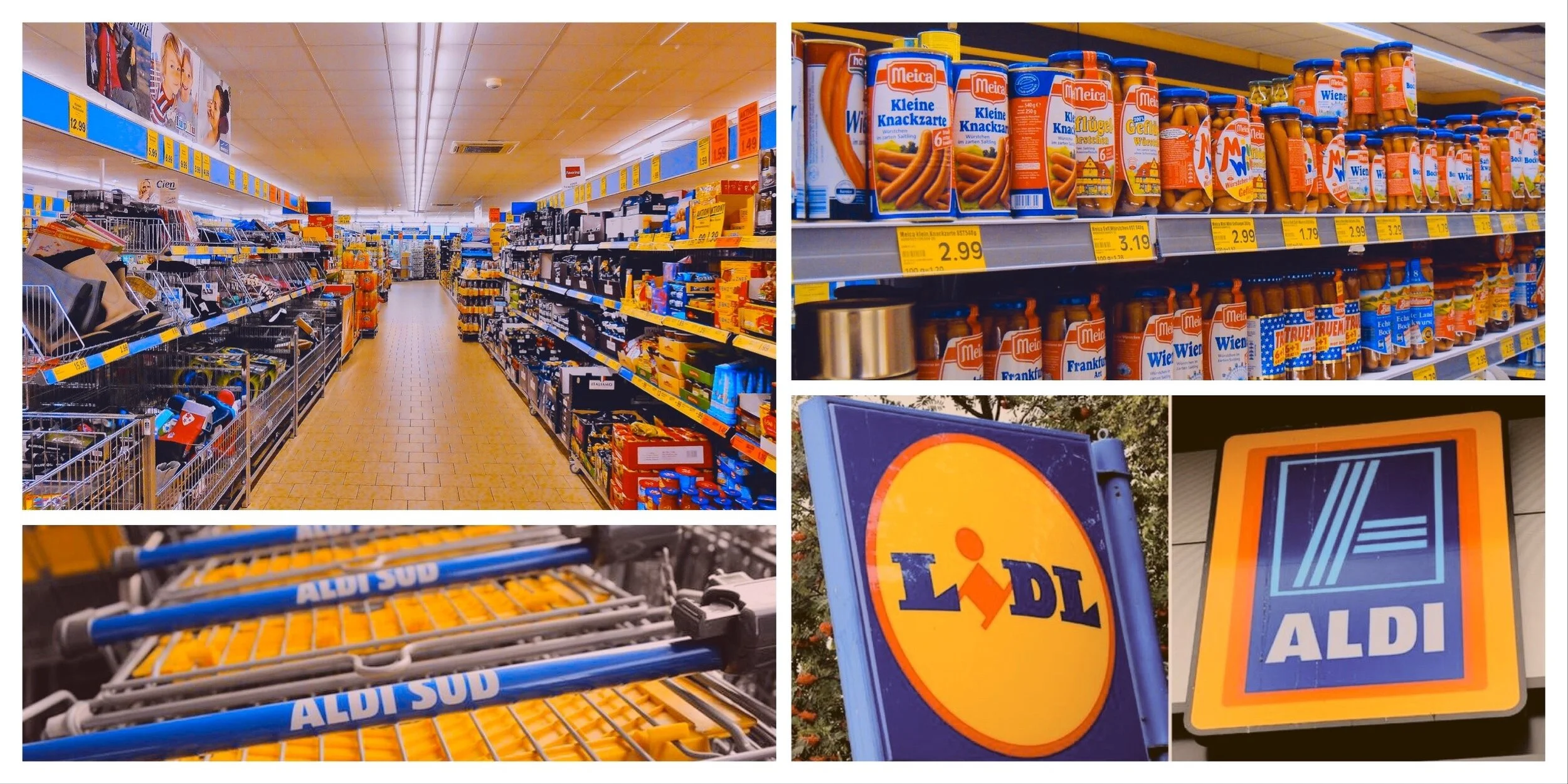The Tyranny of Choice
If Professor Google is to be believed, humans make an average of 35,000 decisions per day, that’s roughly 1458 decisions an hour. With so many decisions coming at us, it’s no wonder we have trouble making up our minds. Worse still, humans aren’t even that good at making decisions. Cognitive biases, inaccurate comparisons with the past and the paralysis of choice short circuit the human brain and can lead to indecision, catastrophe or both. Context and comparison also have a role to play; I will never forget the conversation I had with a supermarket manager, in which he explained that ‘Buy One, Get One Free’ was actually a terrible deal, but when replaced by price reductions across all items, people complained. Even though consumers had a better deal financially, they felt like they were losing out. If we’re all so bad at making good decisions, what can we do to improve? Well, reducing the amount of decisions might help, such as buying the same set of clothes for work or only eating one type of breakfast cereal. That might be one approach, but perhaps Germany has found a better one; placing ultimate faith in the objectivity of an independent organisation, the Stiftung Warentest.
If you live in Germany, you will no doubt have encountered the Stiftung Warentest. It’s a consumer organisation, dedicated to testing and comparing all different types of products and publishing the results in a magazine and online. Whether it’s powdered soup mix, cameras or diets, the Stiftung Warentest has categorised, collated and graded it. The results of each test are carefully described in painstaking detail, with a comprehensive chart showing which product comes out on top. Those products that score highly on a scale of 1 (Very Good) to 5.5 (Unsatisfactory) can proudly display their mark on packaging or as in the case of some companies, giant billboards. It’s a trusted system, so much so, that a company that receives a ‘Very Good’ grade can expect to see an upturn in sales, while those that receive an ‘Unsatisfactory’ might discover their products are surplus to requirement.
For those outside Germany, there is a lot to unpick here. Firstly, there is nothing more wonderfully German than a grading system that maxes out at ‘Very Good’ as if an ‘Excellent’ grade was an unattainable dream. In a country where some states believe ‘passt schon’ (That’s alright) is a high water mark of excellence, it should not be too much of a surprise. Secondly, it’s easy to assume that the German consumer is naïve to believe that a company would have any level of objectivity. Cynicism is such that for some, the idea of objectivity, especially when connected with an ability to impact a company’s profit margins, is fanciful at best. In Britain there are consumer watchdogs, but often they boil down to preachy warnings about sugary drinks or the importance of eating five fruit and vegetables a day. The British have a similar company in Which? Magazine, but I have few if any recollections of buying anything based on their recommendations. Studies suggest that for many people, purchasing decisions are based on word of mouth from friends and family. Is it possible for a company to be as trustworthy as a sibling or a close friend?
Initially I was cynical too. I believed it was as scam of some kind, it was all far too earnest. Yet, a little investigation shows that despite objective truth being harder to find than a kilo of unobtainium, the Stiftung Warentest goes to great lengths to ensure impartiality. They do receive outside funding from the government, but the subsidy of €3.5 million it receives from the Federal Ministry of Nutrition, Agriculture and Consumer Protection is due to the magazines decision not to allow any advertising in its pages. Additionally, the Stiftung Warentest employees don’t actually do any of the testing, instead they use external testing institutes, with the magazine staff only taking responsibility for compiling data and taking feedback from companies that produce the tested products. Finally, with so much power in the market, it’s no surprise that companies receiving low grades have taken court action to preserve their reputations. Even though the Stiftung Warentest has been taken to court many times, it has never been required to pay out compensation, in fact it often wins any case against it.
I still have my reservations about the objectivity of the Stiftung Warentest, a healthy dose of skepticism is an asset in an era that ranks opinion above evidence. What it does seem to speak to is the desire for objective, evidence-based decision making among German consumers. The global order may be buffeted by memeable alternative facts and politicians more inclined to tell a lie than an unpalatable truth, yet there is still space in German society for a company who just wants people to make informed choices about dog food or a child’s high chair. Call me a naïve sucker, but that gives me a good measure of hope.
Image Credit
Photo by Victoriano Izquierdo on Unsplash
Photo by Raquel Martínez on Unsplash








